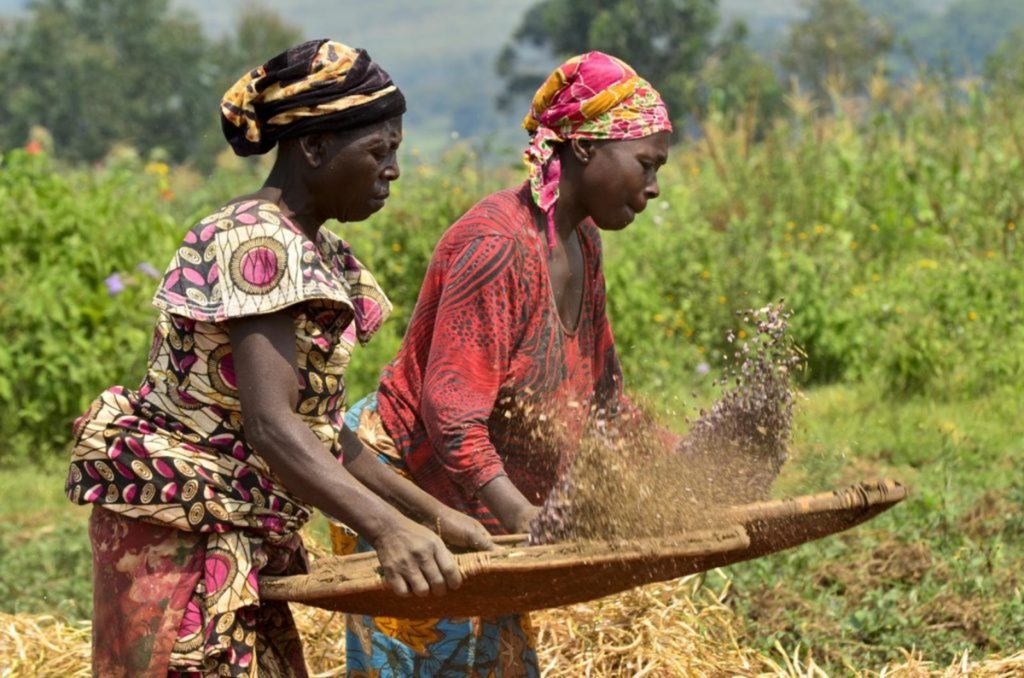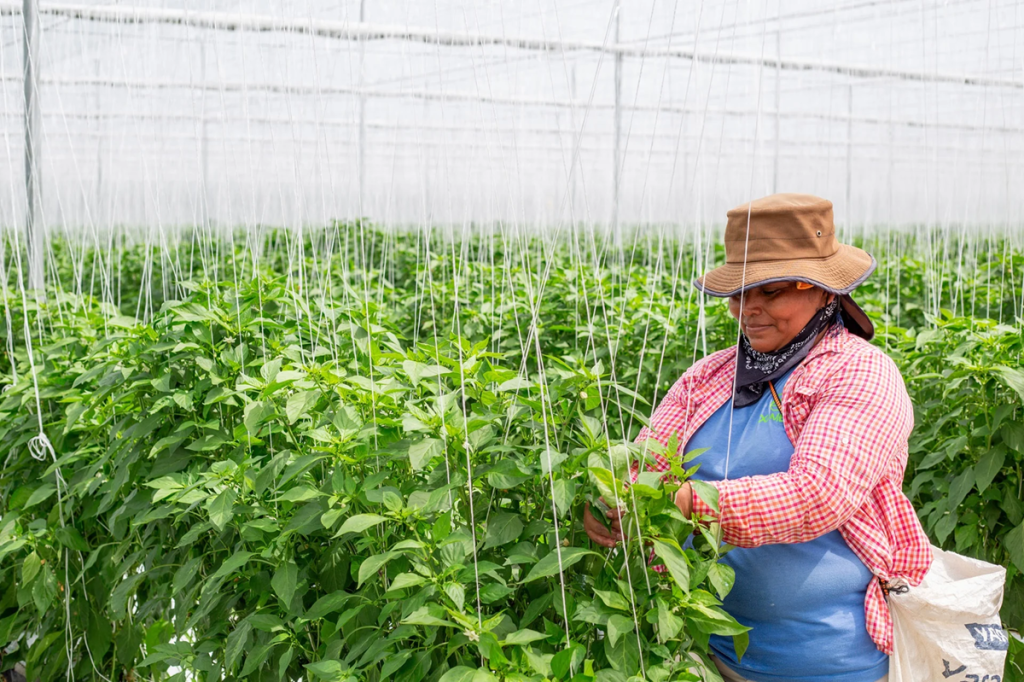Every year on October 15, we celebrate the invaluable contributions of rural women as key agents of health and empowerment within their communities, striving towards a sustainable and equitable future for everyone.
This year’s theme, “Rural Women Sustaining Nature for Our Collective Future: Building Climate Resilience, Conserving Biodiversity, and Caring for Land towards Gender Equality and Empowerment,” underscores the essential role that rural women play in addressing climate change and promoting gender equality.

Rural women represent approximately 22% of the global population and are crucial to the health and well-being of their communities.
Many rural women encounter significant obstacles, including higher rates of poverty—both extreme and multidimensional—compared to their urban counterparts. They often have unequal access to education, healthcare, and employment opportunities, compounded by gender inequality stemming from discriminatory laws and social norms. The challenges are particularly acute for rural Indigenous women and girls.
Rural women are vital in enhancing the health and well-being of their communities. They play essential roles in food production, security, and nutrition, not only in rural areas but also in urban settings. As of 2019, 36% of working women globally were employed in agrifood systems, highlighting the sector’s importance.

Rural women are instrumental in conserving and cultivating biodiversity. They act as custodians of natural resources and traditional knowledge, ensuring the sustainability of the environment.
Women represent 67% of the healthcare workforce worldwide and approximately 70% of community healthcare workers, many of whom are the only accessible healthcare providers in rural regions. Despite their critical role, many community healthcare workers receive inadequate compensation, and rural women often engage in unpaid care work, supporting children and the elderly.
Beyond healthcare, rural women are involved in vital areas such as water and sanitation services, zoonosis control, and occupational health, all of which are essential for community well-being.
The International Day of Rural Women was established by the General Assembly in its resolution 62/136 on December 18, 2007, recognising “the critical role and contribution of rural women, including Indigenous women, in enhancing agricultural and rural development, improving food security, and eradicating rural poverty.”
As we honour rural women today, we acknowledge their struggles, resilience, and leadership in building healthier communities. Their efforts are crucial for a sustainable and equitable future, reminding us all of the power of women in nurturing both people and the planet.

